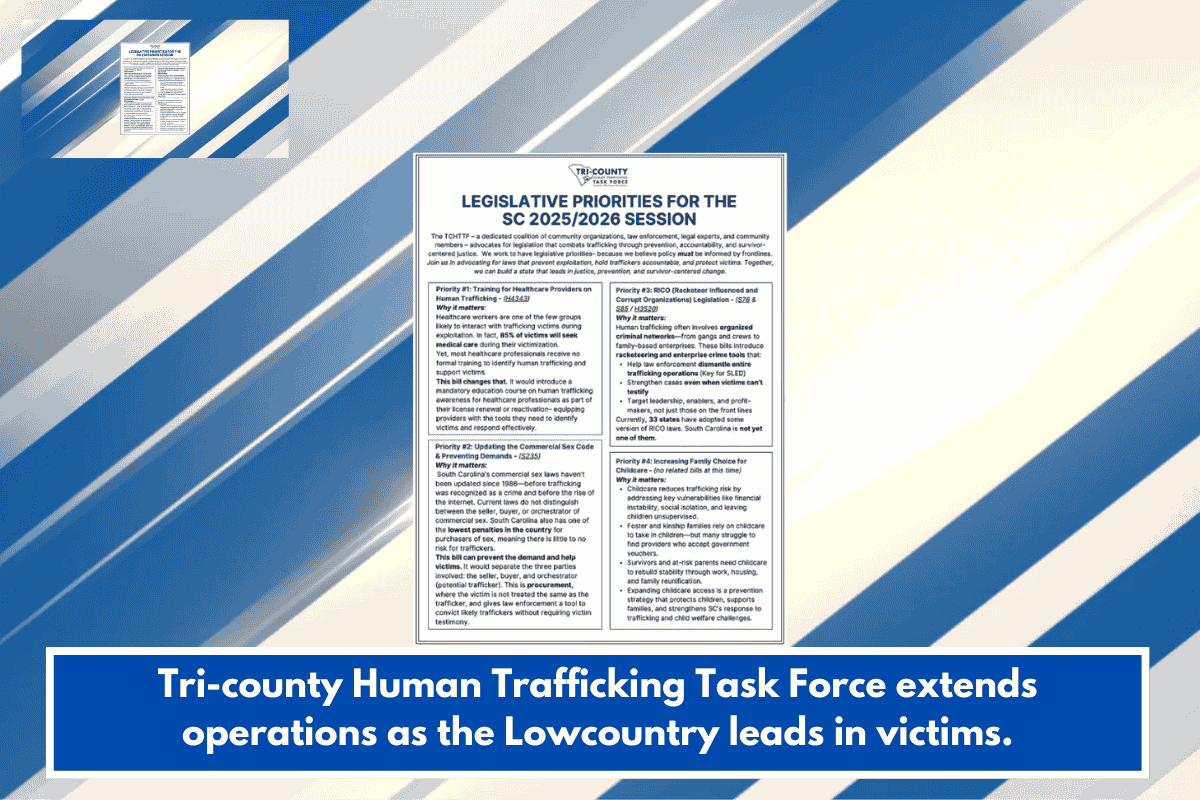Kansas’s “Stand Your Ground” law is a significant part of the state’s self-defense laws, providing individuals with the legal right to protect themselves in certain situations. However, it’s important to understand the key aspects of the law to avoid legal trouble and ensure you’re acting within your rights. Here’s everything you need to know about Kansas’s Stand Your Ground law.
What Is the Stand Your Ground Law?
Kansas’s Stand Your Ground law allows individuals to use force, including deadly force, to defend themselves without the duty to retreat, under certain circumstances. The law is designed to give individuals the right to protect themselves if they feel they are in immediate danger of serious harm or death.
Under this law, you are not required to retreat if you are in a place where you have a legal right to be, and you can use reasonable force to defend yourself. This includes situations where you are threatened by someone in your home, your car, or any other place where you have the legal right to be.
Key Provisions of Kansas’s Stand Your Ground Law
- No Duty to Retreat:
One of the main features of Kansas’s Stand Your Ground law is that there is no duty to retreat. This means if you’re in a situation where you reasonably believe your life is at risk, you don’t have to try to escape or avoid the confrontation. You can use force to defend yourself. - Use of Force:
The law allows individuals to use reasonable force in self-defense. In situations where there is an immediate threat of serious harm or death, deadly force may be justified. However, it must be proportional to the threat faced. - In Your Home or Vehicle:
Kansas law expands the Stand Your Ground law to apply to your home (including any buildings on your property) and your vehicle. You are allowed to use force to defend yourself in these places without retreating, as long as you believe you are in immediate danger. - No Requirement to Prove Fear:
The law does not require you to prove that you feared for your life. Instead, if you were in a situation where you could reasonably believe that you were facing a threat of injury or death, the law may protect your right to use force. - Legal Immunity:
If you are involved in a self-defense situation and invoke the Stand Your Ground law, you may be immune from prosecution. If charges are filed, a judge can rule whether the law applies to the situation, and in many cases, the case may be dismissed before it even goes to trial.
When Can You Use Force Under Stand Your Ground?
To use force under Kansas’s Stand Your Ground law, you must meet certain criteria:
You must be in a place you have a legal right to be (e.g., your home, your car, or a public place).
You must reasonably believe that you are in imminent danger of harm or death.
The force you use must be proportional to the threat. For example, using deadly force is only justified if you are facing an immediate threat of serious harm or death.
What Does the Law Not Protect?
Kansas’s Stand Your Ground law doesn’t protect people who provoke or escalate a confrontation. If you initiate an attack or escalate a peaceful situation into violence, you cannot claim self-defense under this law.
Additionally, the law does not apply if you are involved in a criminal activity at the time of the incident. If you are committing a crime when an altercation occurs, you may lose your right to claim self-defense.
What Should You Do If You Are Involved in a Self-Defense Incident?
If you are involved in a situation where you had to defend yourself using force, including deadly force, here’s what you should do:
Call 911 immediately and report the incident to law enforcement.
Cooperate with the police and provide the details of what happened.
Consult an attorney to protect your rights and ensure you navigate the legal process correctly.
Kansas’s Stand Your Ground law gives individuals the right to protect themselves when they believe their lives are in danger, without the obligation to retreat. However, it’s essential to use force only when necessary and proportional to the threat. Understanding the law fully can help you make informed decisions about your rights and responsibilities in a self-defense situation.
SOURCES
[1] https://www.aclukansas.org/sites/default/files/field_documents/hts_stand_your_ground.pdf
[2] https://monnat.com/wp-content/uploads/2022/11/Update-on-Kansas-Self-Defense-Castle-Doctrine-Stand-Your-Ground-and-Immunity.pdf
[3] https://www.prnewswire.com/news-releases/what-are-stand-your-ground-laws–criminal-defense-attorney-wichita-ks-302445163.html
[4] https://crateclub.com/blogs/loadout/what-self-defense-weapons-are-legal-in-kansas
[5] https://riveralawoffice.com/criminal-defense/kansas-self-defense/














